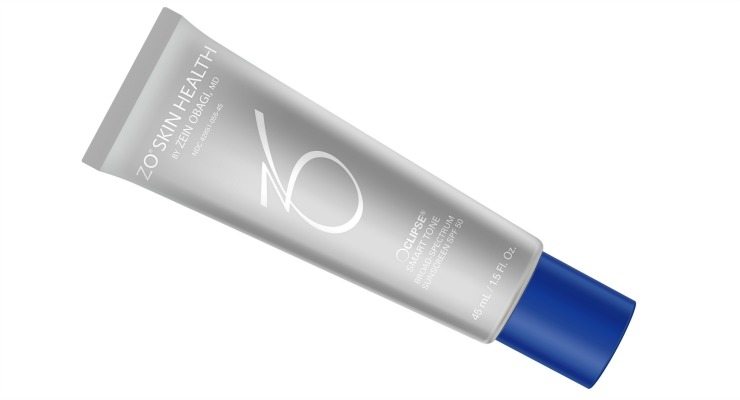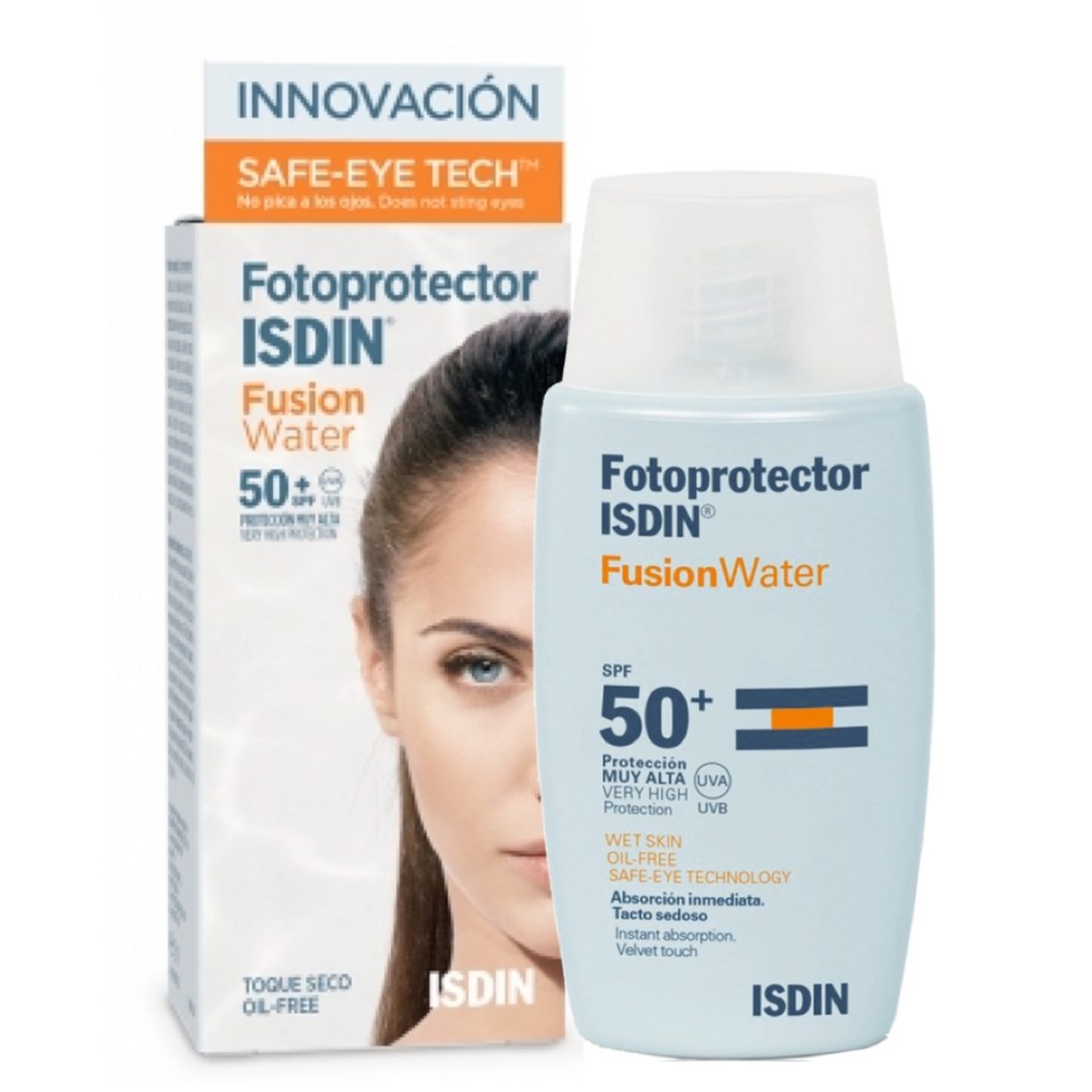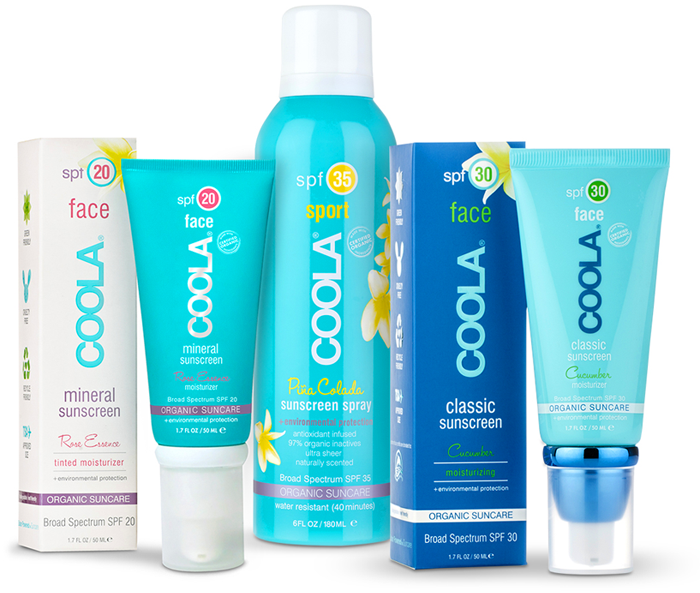Most of us know the importance of wearing sunscreen in the summer months to avoid sunburn and damage, but it really should be a year-round preventive health measure. Always wear sunscreen, no matter what your skin colour or tone is. Sunscreen dates back to ancient Egypt, where rice bran extract and jasmine were used to help shield skin from the sun.
I’m always preaching to my family, friends and co-workers the benefits of wearing sunscreen. I’ve learned so much about sun protection as a skin doctor, but there are an alarming amount of people who brave the UV rays without applying sunblock.

Why is sun protection so important in the fall and winter?
During the summer months, the importance of sunscreen cannot be understated. When the weather is nice, we spend more time outdoors and wear less clothing. We swim more, sweat more and towel off more. All of these factors make our skin particularly vulnerable to the sun’s rays in the warmer months.
Let us have a look at the top interesting reasons why you should wear sunscreen throughout the year:
Prevents Premature Aging:
We all want youthful, radiant, and healthy-looking skin. But overexposure to sunlight can increase the appearance of fine lines and wrinkles. In other words, using sunscreen can help protect against the harmful effects of premature ageing or skin ageing.
Reduces Risk of Cancer:

While I started using sunscreen mainly for beauty reasons, this health benefit came as an advantage. Wear your sunscreen daily and over the days and months to shield your skin from the risk of skin cancer. Fortunately, sunscreen is very effective in reducing the risk of developing a variety of skin cancers, especially melanoma. This type of skin cancer is known to be extremely aggressive and can be life-threatening for many women, particularly those in their 20s.
It Helps Maintain an Even Skin Tone:
Skin is healthier overall when you use sunscreen. Essential proteins in the skin like keratin are protected when sunscreen is applied. However, what you should be aware of is that while you are sunbathing to tan, you are at the risk of being harmed by the harsh ultraviolet B rays. Sunscreen helps prevent discolouration and dark spots from sun damage, helping you maintain a smoother and more even skin tone.
Shields From Harmful UV Rays:
The continuously depleting ozone layer has put us at a higher risk of getting affected by the harmful rays of the sun. Sunscreen protects us from the sun’s harmful ultraviolet rays: UVA and UVB. UVB rays are responsible for sunburn. It’s very easy to see — and feel — the effects of UVB rays. These rays can lead to long-term effects like wrinkling, premature ageing and other skin damage. Both types of ultraviolet rays can cause skin cancer.
Prevents Sunburns:
Sunscreen keeps our skin healthier in other ways as well. It protects sensitive skin against sunburn and it reduces discolourations, dark spots, sagging or wrinkles, caused due to sun damage. It also helps maintain overall skin tone.

What else you can do to protect your skin?
To go above and beyond in the skincare department, there are several measures you can take in addition to wearing sunscreen.
- Wear protective clothing. If you can, cover up with long-sleeved shirts and pants. Keep in mind that some garments have less UV protection than others.
- Sit in the shade. Choosing a seat in the shade offers added protection from the sun. Bring an umbrella or choose a shady spot. Keep in mind that not all umbrellas have high SPF, so you’ll need to wear sunscreen, too.
- Wear a hat. To get optimal protection, choose a hat with a brim that goes all the way around. While we love the look of a straw hat, a hat with a tighter knit offers better sun protection.
- Stay out of the sun in peak hours. The sun’s rays are strongest from 10 AM to 4 PM, especially during the late spring and summer. It’s best to limit your exposure during these hours. Of course, this is prime beach time! Don’t go outside without proper protection, and make sure that you’ve got enough sunscreen to reapply often.
Conclusion:
The use of sunscreens is an important component of sun protection. Regular and appropriate use is associated with a decreased risk of various skin complications and cancers as a result of UV radiation exposure. Sun protection needs to begin at an early age; approximately 25% of lifetime sun exposure occurs before the age of 18 years. Pharmacists need to continue to educate patients regarding appropriate use of sunscreen, emphasizing the proper amount and need for frequent reapplication. Also, patients need to be reminded not to solely rely on the use of sunscreen. Other sun-protective measures are needed to provide maximum protection.
